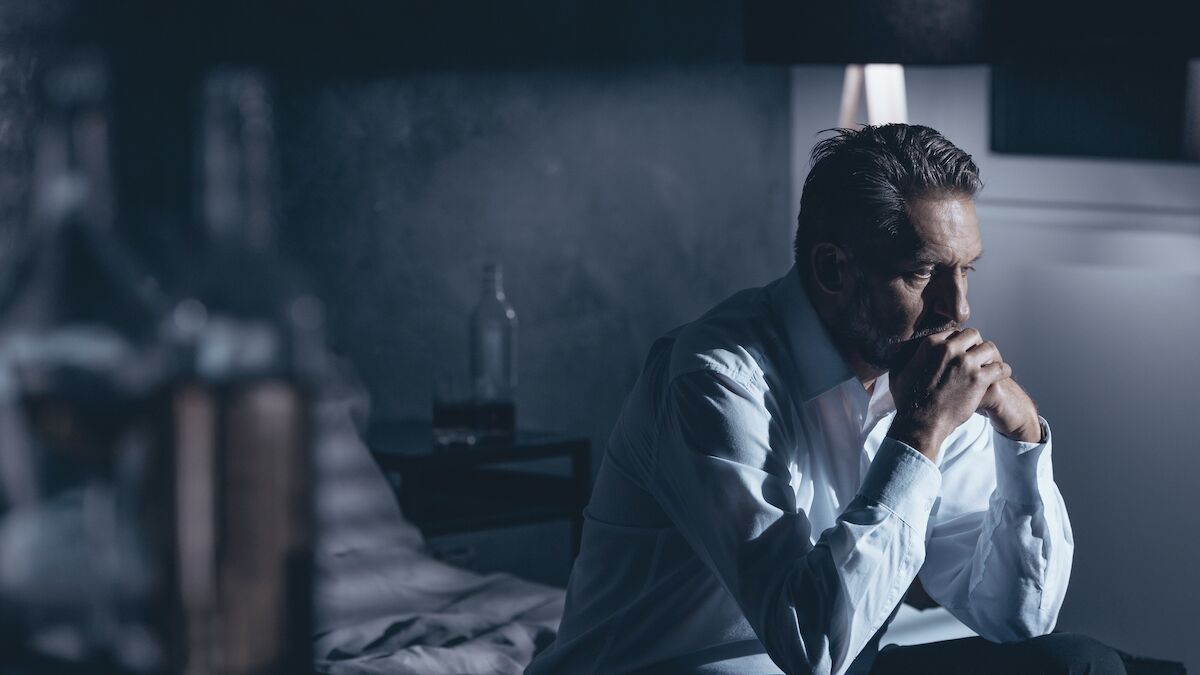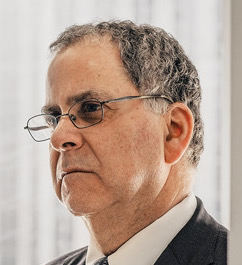By Joann Mundin, M.D.
There are significant effects of depression in the legal profession that are pervasive. Lawyer depression can have terrible personal and professional ripple effects for attorneys but also impacts clients, business partners, employees, and staff.
The general population is significantly affected by depression, with 17.3 million persons, or 7.1% of all adults in the US, reporting having experienced a major depressive episode in 2017. But, the proportion of depression among attorneys is considerably higher: according to ALM’s Mental Health and Substance Abuse Survey from 2020, 31.2% of the more than 3,800 respondents report having a depressive disorder. This indicates that compared to the ordinary US adult, lawyers have an approximately three-fold higher risk of developing depression.
Nevertheless, the stigma associated with mental illness keeps lawyers from getting help immediately. This can cause excessive and prolonged distress, making the problem worse over time.

















